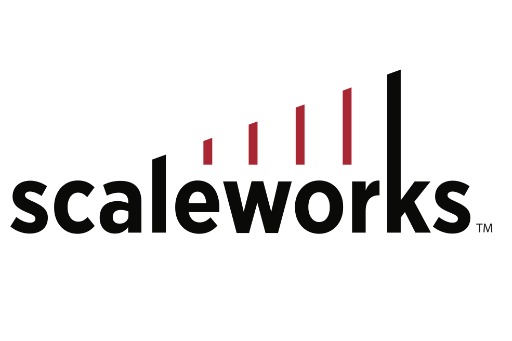
For many entrepreneurs who leave their business, investing is an easy next step. That’s what Lew Moorman did after he left Rackspace in 2013. But he didn’t like it.
“I found myself not enjoying my day. I was spending all my time hearing pitches, and then doing very high-level check-ins with founders,” Moorman says. “The rhythms in that business did not make sense to me, nor did I figure out how I could do something unique that no one else could do.”
Four years later, Moorman believes he’s helped create an investment model that works for him. He and another entrepreneur-turned-investor, Ed Byrne, raised a $60 million fund in 2016 that they call Scaleworks. The investors are marketing it as a mix of venture capital and private equity, and have developed a term to brand it: venture equity.

Focused on software-as-a-service businesses with between $2 million and $10 million in revenue and moderate growth, Scaleworks buys its targets outright like a private equity shop, and will invest additional capital if needed to help a business grow, like a VC, Byrne says. Scaleworks isn’t expecting rapid early growth from its portfolio companies that some VC might, he says, at least in the early years—though it still hopes for around 50 percent annually for the three to five years before a potential exit. Unlike private equity, Scaleworks isn’t using debt financing, though it does typically replace the management team.
Additionally, Byrne and Moorman work closely and directly with their portfolio companies, getting involved in everything from sales calls to interviewing new hires. Spending 90 percent of his time working with the companies is what Moorman found more appealing about Scaleworks’ model versus traditional venture capital, he says.
“We kind of view ourselves as the anti-VC,” Byrne says. “If you’re at $5 million in revenue and you’re not based in Silicon Valley, and you could be losing money hand over fist, you can’t raise more because you’re not growing fast enough.”
Byrne has been dabbling in this type of venture investing since 2013, after selling a couple IT and hosting companies he ran or founded.
After closing its $60 million fund in January, Scaleworks is now opening up more about its model in an effort to reach more of those businesses. It has deployed most of the money on seven deals, two of which Scaleworks hasn’t yet made public.
The Scaleworks model has similarities to investors like Benchmark Capital and Sequoia Capital, which provide Series B growth funding to startups, says Harlan Beverly, an entrepreneur and lecturer at The University of Texas at Austin. Beverly is also the assistant director of Texas Venture Labs at the university. (He says his comments are his opinions and don’t reflect his employer.) There may be some added risk to Scaleworks’ style of investing because the investments aren’t growing as fast as typical Series B companies, it’s a small portfolio, and the firm owns each business, Beverly says.
The “venture equity” term seems like a marketing effort to attract fund investors, rather than anything particularly new, he says. “I live here, I’d love for there to be more funds. I wish them great…

